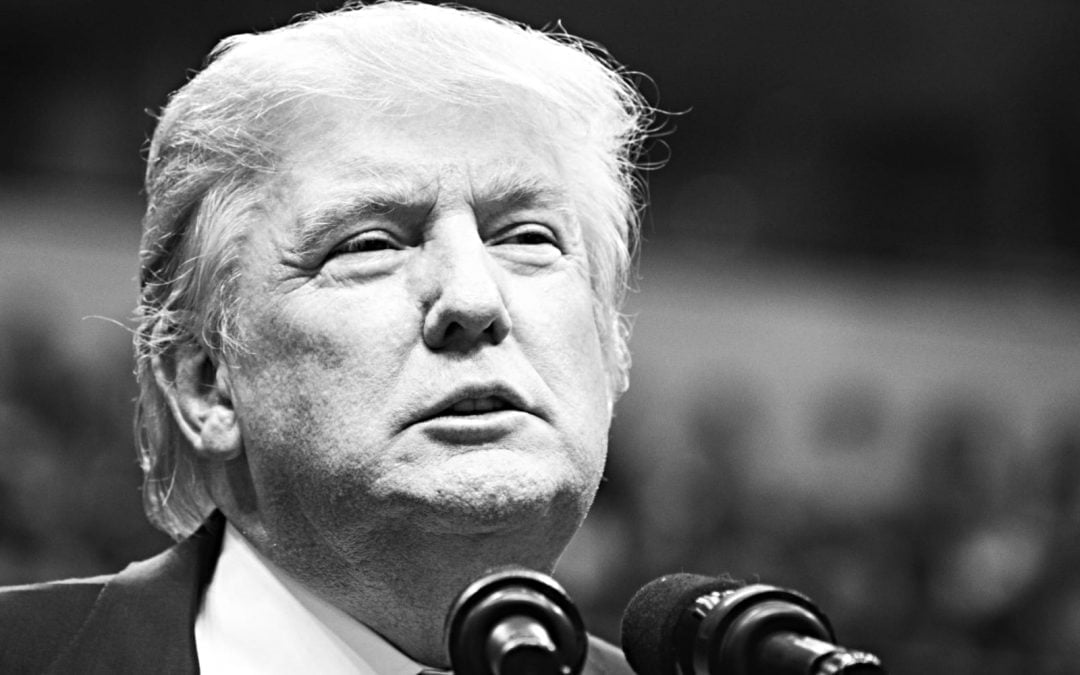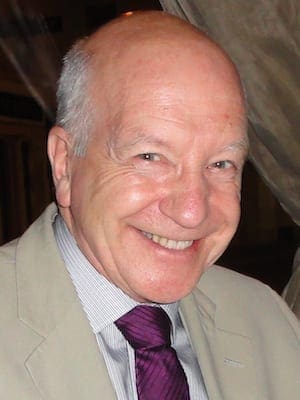I’d better come clean. My own church tradition is Baptist.
Among the peculiarities of Baptist commitments is the clear separation of the powers of church and state.
Historically, Baptist was a pejorative nickname, a way of dismissing those who dissented from the universal ecclesial practice of infant baptism into the church, and who wished to stand outside the state-sponsored institutional power of the established church of the day.
For such dissent, Baptists were persecuted by the arm of the state at the instigation of the church.
The fusion of state power and church power, indeed the marriage of church and state, gave stability and control over a population nominally co-opted into the authority structures and imposed practices of church and state.
By the early 17th century, whether on the European continent or in Great Britain, the politicization of ecclesial practice and the attempts to impose Christian uniformity, persuasive or enforced, created a growing number of dissenting and non-conforming voluntarist communities.
The subversive impact of growing dissident communities of faith led inevitably to persecution, and where such persecution involved fines, imprisonment and at times death and torture, these required and were granted the sanction of law and the authority of state political power.
Baptists are dissenters. Baptism by immersion on profession of personal faith in Christ, and the claims of conscience to religious freedom in expressions of worship and Christian practice, and the formation of local communities of faith outside the authority and structures of state-sponsored ecclesial authority, are each peculiar emphases of Baptists.
They lead logically to the insistence that state and church are separate.
Historically, Baptists have insisted that their expression of Christian faith is evangelical. Internationally, Baptists have been vocal and active and indeed proud to be numbered as evangelicals.
But the Baptist kind of evangelical holds with convictional persistence that the relationship between church and state is one of separation, with a clear division of powers, and that the rights of religious freedom are based on the assertion of the sovereignty and obedience of each person’s conscience before God.
Baptists insist on the exclusive and primary headship of Christ over the church, and over each local church; that each Christian community is free of state interference to govern its own affairs; and that the church is a spiritual kingdom, called to bear witness to the power of the gospel within the principles of the Kingdom of God and the Kingship of Christ.
Theologically, Baptist tradition stands alongside Jesus’ disclaimer, “My Kingdom is not of this world.”
It is, therefore, an astonishing and disturbing phenomenon when Baptists are at the forefront of a movement to politicize Christianity and bring Christian faith and practice into a close and engaged relationship with the president of the United States and the current U.S. administration.
For several decades, the Evangelical Right in the United States has sought political influence to advance its own brand of Christian agenda, tied to several very specific issues.
That 81 percent of white evangelicals who voted in the 2016 presidential election voted for Donald Trump raises all kinds of intriguing, disturbing and theologically serious questions.
The aligning of the church’s mission with the political agenda of the secular state, and the advancing of Christian values by aligning with, supporting and defending the policies of a political party in power, of whatever party color, is deeply inimical, indeed self-contradictory, for any group claiming the name Baptist.
Unless, of course, the term is evacuated of all radical and original intent and becomes a self-defining slogan reduced to amounts of water in a baptistry.
Like many other evangelical Christians, I am dismayed and perplexed at the naked political ambition and moral accommodations demonstrated by U.S. evangelicals in the power courts of Washington.
As a Baptist, I see no meaningful content to the word if the primary life goal of those self-describing as “Baptist” and “Evangelical” is influence at the White House in order to achieve the reversal of social policies with which they profoundly disagree.
Editor’s note: This is the first of a two-part series. Part two is available here. A version of this column first appeared on Gordon’s blog, Living Wittily. It is used with permission.
Part-time minister of Montrose Baptist Church in Angus, Scotland, and the former principal of the Scottish Baptist College. He is on the advisory board of the Centre for Ministry Studies, University of Aberdeen, and is honorary lecturer in the School of Divinity, History and Philosophy.


